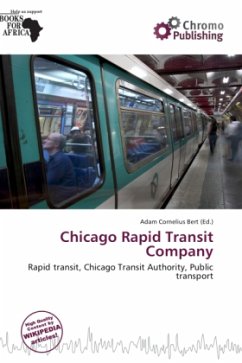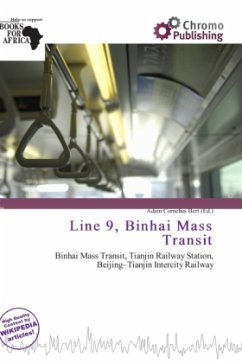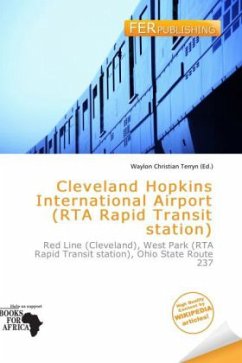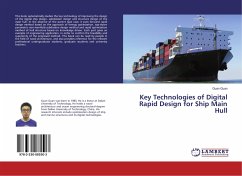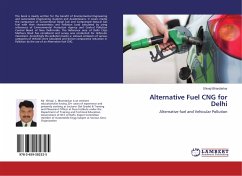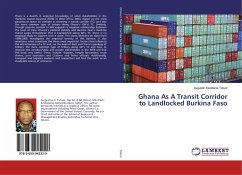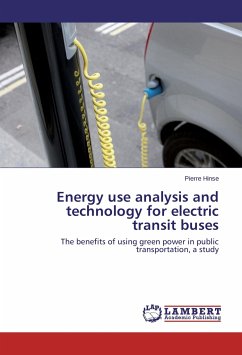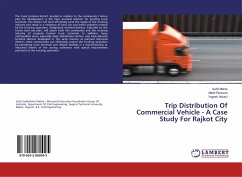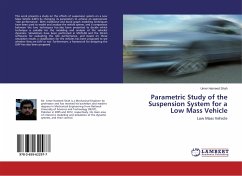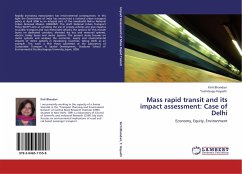
Mass rapid transit and its impact assessment: Case of Delhi
Economy, Equity, Environment
Versandkostenfrei!
Versandfertig in 6-10 Tagen
39,99 €
inkl. MwSt.

PAYBACK Punkte
20 °P sammeln!
Rapidly increasing motorization has environmental consequenses. In this light the Government of India has announced a national urban transport policy in April 2006 as an integral part of the Jawaharlal Nehru National Urban Renewal Mission (JNNURM). The draft National Urban Transport Policy (NUTP) aims at curtailing the use of private vehicles and give impetus to public transport and non-motorized vehicles.The options for this include buses on dedicated corridors, elevated sky bus and monorail systems, electric trolley buses and metro systems. The present study focuses on metro systems and anal...
Rapidly increasing motorization has environmental consequenses. In this light the Government of India has announced a national urban transport policy in April 2006 as an integral part of the Jawaharlal Nehru National Urban Renewal Mission (JNNURM). The draft National Urban Transport Policy (NUTP) aims at curtailing the use of private vehicles and give impetus to public transport and non-motorized vehicles.The options for this include buses on dedicated corridors, elevated sky bus and monorail systems, electric trolley buses and metro systems. The present study focuses on metro systems and analyses the economic, equity and environmental impacts of metro systems in developing countries, taking Delhi as an example. This work is PhD thesis submitted at the Laboratory of Sustainable Transport & Spatial Development, Graduate School of Environmental Studies,Nagoya University,Japan, 2009.



